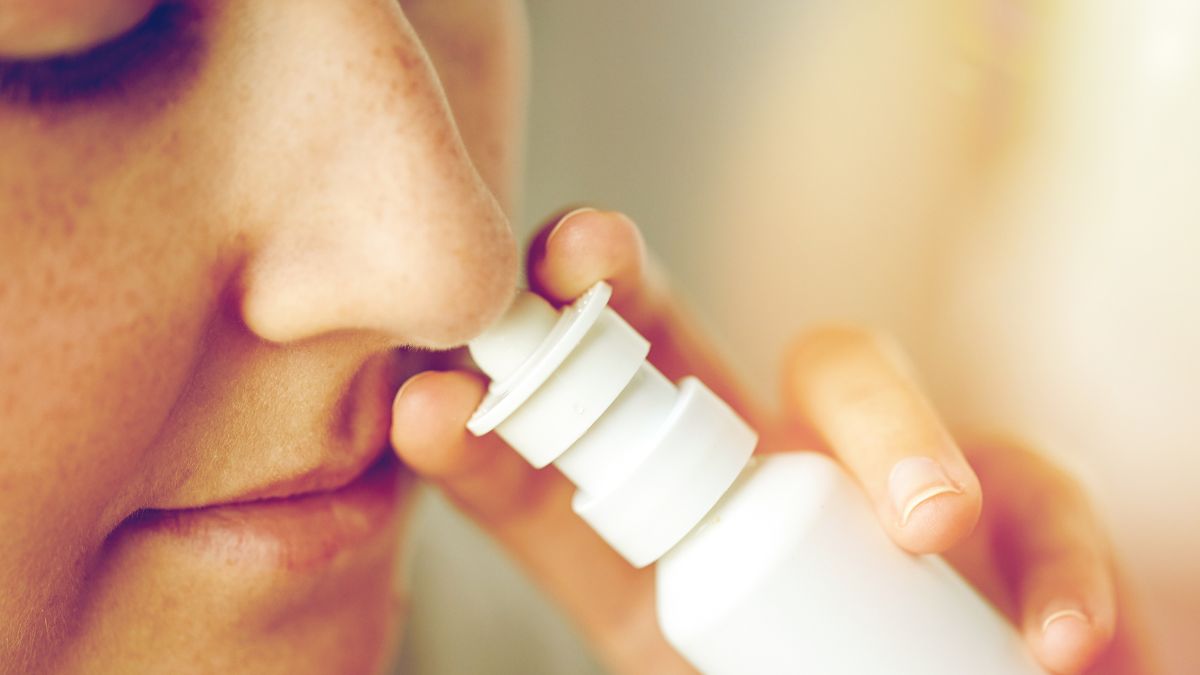Pregnancy brings with it a myriad of questions and concerns, especially about what to eat and drink.
As an expectant mother, you may have come across Olipop, a popular soda alternative, and wondered, “Can you drink Olipop while pregnant?”
This article provides an in-depth analysis of this question, examining the safety, ingredients, and benefits of Olipop during pregnancy.
What is Olipop?
Olipop is a refreshing beverage miming traditional soda flavors but crafted from organic roots, fibers, and botanicals.
The uniqueness of Olipop lies in its commitment to promoting digestive health while providing a tasty alternative to regular sodas.
Available in an array of flavors, Olipop offers a low-sugar, high-fiber option for those looking to indulge their soda cravings without the associated health risks.
Is Olipop Safe for Pregnancy?
While Olipop is favored for its natural ingredients and health benefits, its safety during pregnancy is critical.
The manufacturers of Olipop assure that their products, made from natural ingredients without artificial sweeteners or flavors, are safe for pregnant women.
However, they also recommend pregnant or breastfeeding women consult their healthcare provider before incorporating new elements into their diet.
Key Ingredients in Olipop
Olipop’s unique blend of ingredients sets it apart from other sodas. Some of the primary ingredients include:
1. Cassava Fiber: Cassava, a root vegetable, is a key source of resistant starch and fiber in Olipop. This fiber helps nourish the gut bacteria necessary for digestion.
2. Kudzu Roots: A staple in Eastern traditional medicine, kudzu root is known to reduce alcohol dependence and alleviate menopause symptoms.
3. Marshmallow Roots: This herb, indigenous to North Africa, Europe, and Asia, aids digestion and pain relief. It also contributes a unique flavor to the drink.
4. Jerusalem Artichoke: Despite the name, this ingredient has no relation to artichokes. It’s a vegetable rich in “clean sugar,” providing a healthy alternative to glucose.
5. Slippery Elm Bark: This bark is used in traditional medicines for treating coughs and sore throats. It’s also a known remedy for Irritable Bowel Syndrome (IBS).
Benefits of Drinking Olipop While Pregnant
Drinking Olipop during pregnancy can offer several health benefits:
1. Satisfies Soda Cravings: Pregnancy hormones can intensify sugar cravings. Olipop, with its natural sweetness, can satisfy these cravings without compromising your health.
2. Promotes a Healthy Digestive System: The fiber in Olipop improves digestion and enhances stool quality.
3. Keeps You Hydrated: Staying hydrated during pregnancy is crucial. Olipop can offer a tasty alternative to water, helping keep you hydrated.
Possible Side Effects of Drinking Olipop While Pregnant
While Olipop has many advantages, there are also potential side effects to consider during pregnancy:
- Sugar Content: Although Olipop is made with natural sweeteners and less sugar than traditional sodas, monitoring your sugar intake during pregnancy is still important. Excessive sugar consumption can lead to gestational diabetes, weight gain, and other health complications. Modifying your intake and consulting with your healthcare provider regarding your specific dietary needs is always recommended.
- Addictive Nature: Olipop, like traditional soda, can be addictive due to its sweet flavor. It is important to consume Olipop in moderation and be aware of your overall beverage consumption during pregnancy. If you find yourself becoming overly reliant on Olipop or other sugary drinks, it may be advisable to seek healthier alternatives or consult with a healthcare professional.
- Individual Reactions: Each person’s body reacts differently to various ingredients. While Olipop is made from organic roots and botanicals, there is a possibility of individual sensitivities or allergies. If you have any known allergies or sensitivities to specific ingredients in Olipop, it is important to avoid consuming the beverage during pregnancy.
Is Olipop Safe While Breastfeeding?
While individual reactions can vary, the majority of breastfeeding mothers can enjoy OLIPOP beverages as part of a balanced diet without significant concern.
However, as with any dietary choice, moderation is crucial.
OLIPOP beverages, like all carbonated drinks, contain natural flavors and some amount of carbonation.
Some women might experience occasional gas or bloating when consuming carbonated beverages.
Therefore, it’s advisable to gauge your body’s response and adjust your consumption accordingly.
FAQs (Frequently Asked Questions)
Does Olipop contain vitamin A?
Olipop does not contain Vitamin A or ingredients known to contain Vitamin A. High levels of Vitamin A during pregnancy can harm the baby’s development, making this an important point for pregnant women.
Can toddlers drink OLIPOP?
Generally, Olipop is safe for children. However, if your child has any underlying health conditions or if you have any concerns, it’s best to consult your pediatrician.
Does OLIPOP have ACV?
Yes, Olipop combines fresh fruit juice with apple cider vinegar (ACV), a prebiotic powerhouse, to create a refreshing and healthy beverage.
Is OLIPOP a good alternative to soda?
Yes, Olipop is a healthier alternative to soda. It contains prebiotics, plant-based ingredients, and fiber, offering a range of flavors without the high sugar content of regular soda.
Wrapping it Up
The bottom line is that while Olipop is generally safe for consumption, expectant mothers should always consult their healthcare provider before incorporating it into their diet.
This ensures that any potential allergies or potential reactions to the ingredients in Olipop can be addressed.
The safety of consuming Olipop during pregnancy will ultimately depend on individual health conditions and medical advice.
Remember, every pregnancy is unique, and what works for one person might not work for another.
The information provided in this article is for informational purposes only and is not intended to be a substitute for professional medical advice, diagnosis, or treatment. Always seek the advice of your physician or other qualified healthcare provider with any questions you may have regarding a medical condition. Do not disregard or delay seeking professional medical advice because of something you read in this article.








